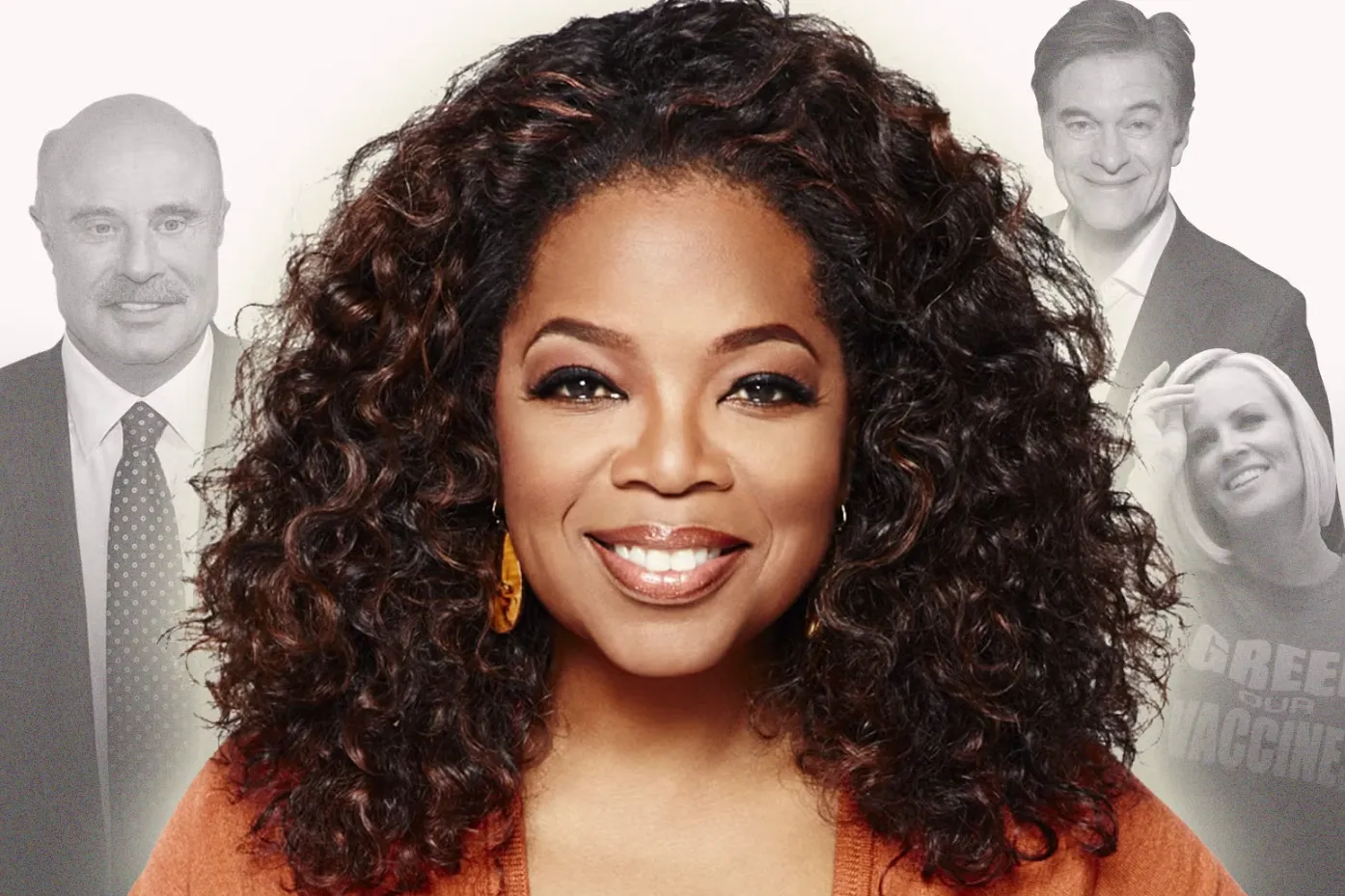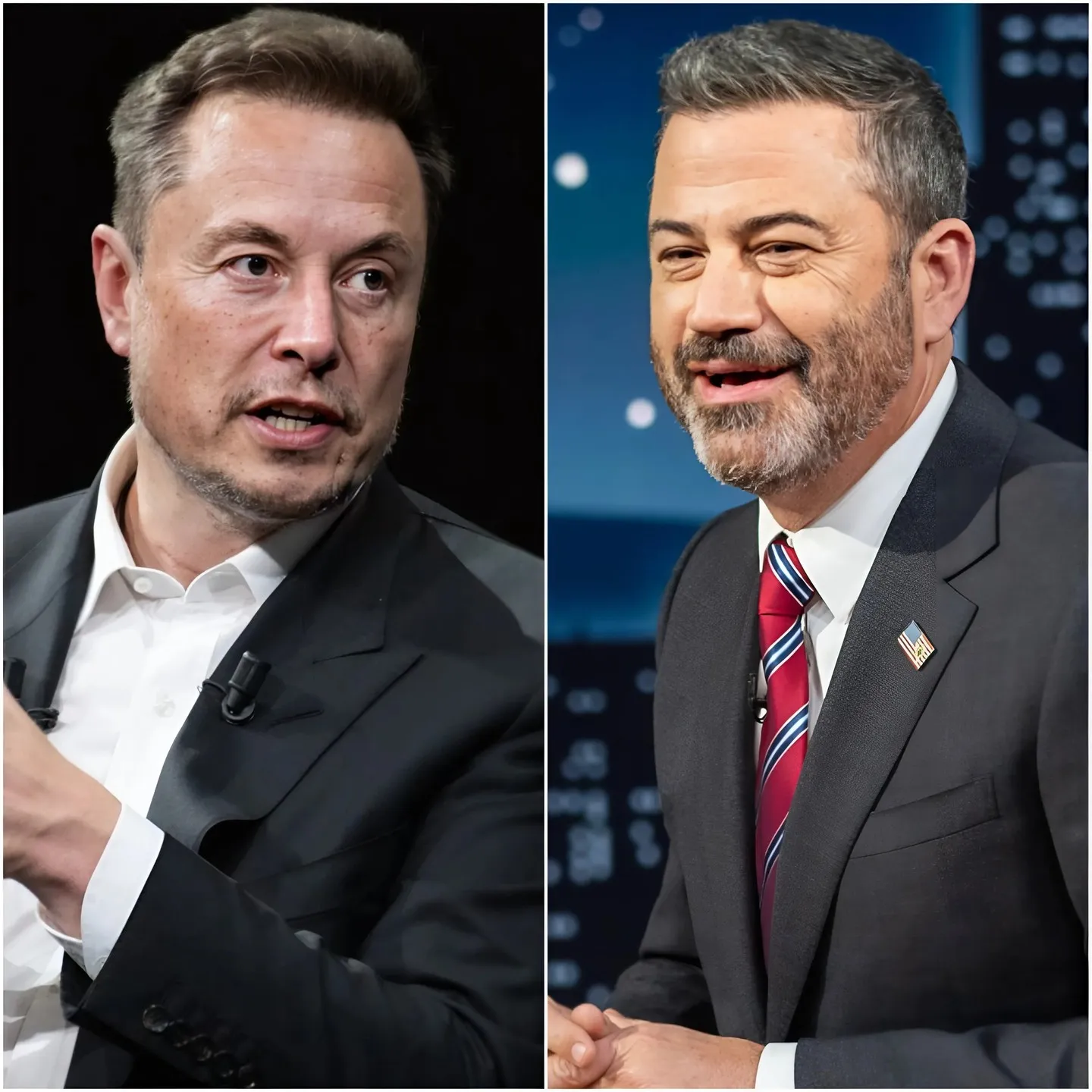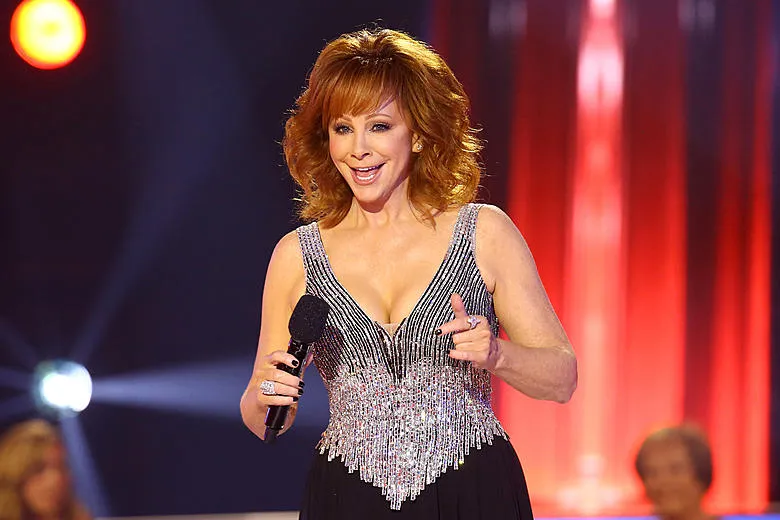
Denzel Washington, one of Hollywood's most respected and influential actors, has recently made headlines for turning down a staggering $200 million role with Disney. This bold decision, coming from an industry legend like Washington, has left many fans and critics alike questioning why he would walk away from such a lucrative deal. Known for his talent and integrity, Denzel’s decision was not about the money—it was about his principles.
Denzel Washington, who has starred in countless iconic films, reportedly rejected the role due to the direction the studio was taking with the project. According to close sources, Washington was offered the lead in a major Disney blockbuster—one that would likely involve a complex storyline with a massive production budget. However, the movie had a heavy emphasis on themes that Washington felt uncomfortable endorsing. He made it clear that the narrative was leaning towards what many refer to as "woke culture," a term often used to describe politically progressive ideologies in popular media.
In an interview regarding his decision, Washington mentioned, "I just don’t feel the need to participate in stories that don't speak to me. There are projects that inspire, and there are projects that I think may serve an agenda I'm not aligned with." His refusal to partake in what he calls the "agenda" has led to an outpouring of reactions across the media spectrum—some supportive, others questioning his motives.
Disney’s direction in recent years has involved incorporating more socially conscious themes into its stories. While many have applauded Disney for promoting diversity and progressive messages, others, like Denzel Washington, feel that these narratives have become too forced. The actor, known for his thoughtful film choices, has always prioritized meaningful roles over purely commercial projects. For Denzel, it seems that staying true to his own beliefs outweighs the temptations of a big paycheck, even if it is worth $200 million.
It’s not uncommon for Washington to speak his mind, but this particular rejection comes at a time when conversations around "woke culture" are highly polarized. With the rise of politically infused content in Hollywood, some actors have found themselves drawn into debates that are more about ideology than entertainment. Denzel, however, has always maintained a focus on authenticity in his career. He believes that narratives should resonate universally, rather than be tailored to specific political movements.
"I respect what Disney and others are trying to do," said Washington. "But it’s not my mission as an artist to propagate someone else's idea of how the world should be. I'm here to tell human stories, stories that connect." This statement has been seen as a powerful stance by many, emphasizing the importance of artistic independence in an era dominated by political correctness.
Interestingly, some insiders suggest that Washington is not alone in feeling weary of Hollywood's evolving storytelling trends. Other big-name stars have also voiced concern about how traditional narratives have been shifted to fit new cultural expectations. Still, few have taken such a clear and public stand as Washington. By refusing a role that would have cemented another commercial success for his career, Denzel has instead chosen to uphold what he believes in—a rare and courageous act in an industry built on money and fame.
Disney, on the other hand, has remained largely silent on Denzel's decision. Some reports claim that the role was pivotal for an upcoming multi-film franchise, and replacing an actor of Denzel's caliber may prove challenging. However, Disney’s focus on creating culturally inclusive content appears to be unwavering. The company is committed to telling diverse stories, and despite Denzel’s departure, it’s unlikely they’ll change course any time soon.
Many of Denzel's fans have shown support for his decision, emphasizing the importance of being true to oneself, regardless of monetary temptation. "That’s why we love Denzel—he's genuine, not just chasing the next paycheck," wrote one fan on social media. Others, however, have criticized him for what they see as a refusal to evolve with the times. "We’re at a cultural crossroads," one critic said, "and artists like Denzel have a role to play in shaping the future."
The debate around "woke culture" and its influence on art isn't new, but Washington’s rejection of such a massive offer has put it into sharper focus. It underscores the tension that many in Hollywood are experiencing: the conflict between producing content that is commercially viable, culturally relevant, and artistically meaningful. Denzel's decision is a reminder that, sometimes, walking away speaks louder than taking part.
Whether you agree or disagree with Washington’s stance, one thing is certain—he is a man of his word, and his career is built on much more than just roles and dollars. His rejection of the Disney role is not a rejection of progress but rather a defense of genuine storytelling, the kind that transcends political labels and touches the essence of what it means to be human.
"At the end of the day, it's about the story," said Denzel Washington, "and whether it speaks to my heart. No amount of money will ever change that."



